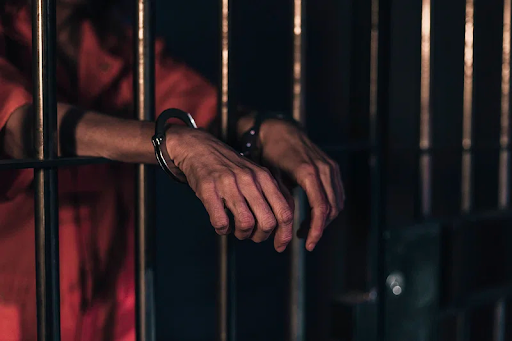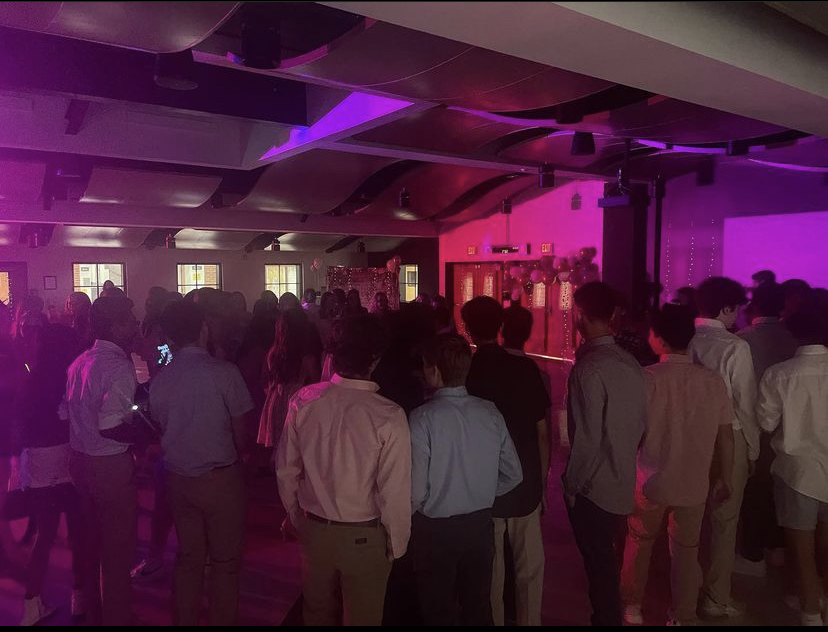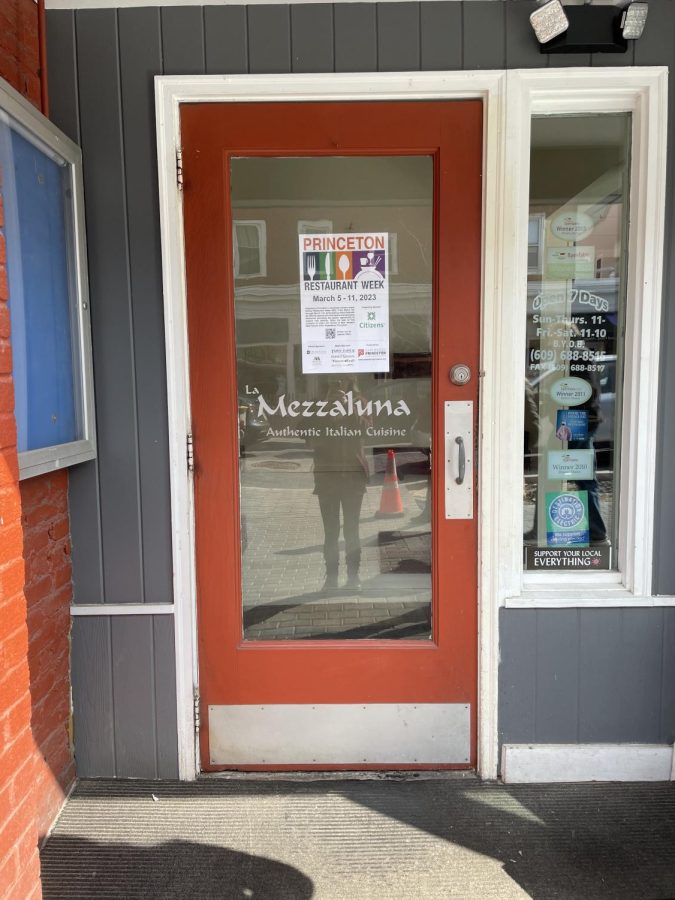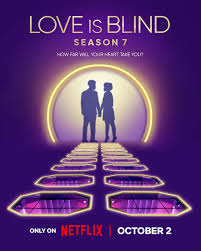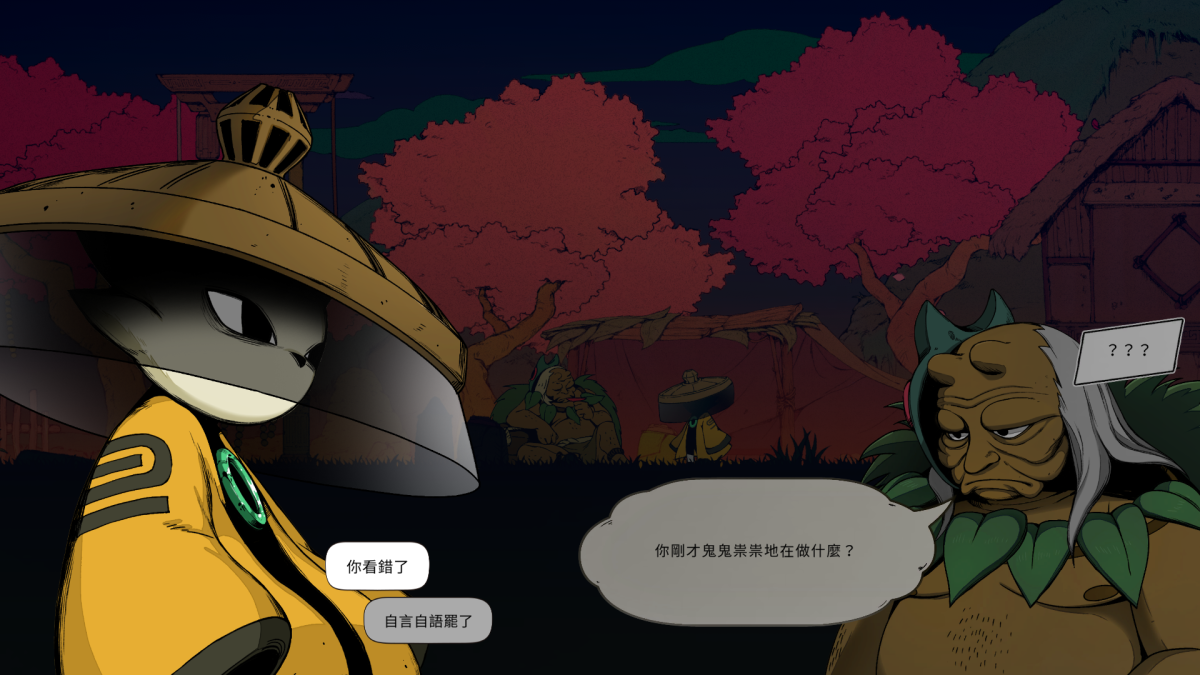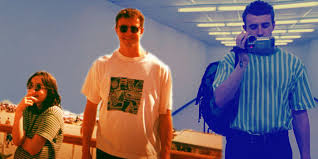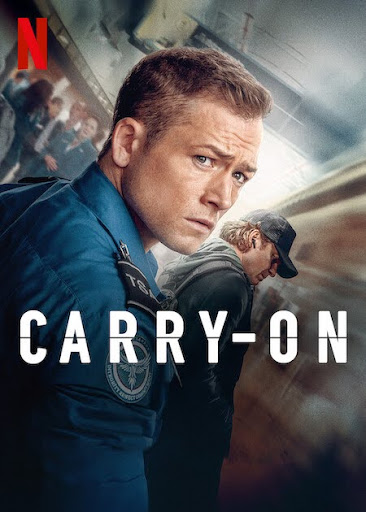
From a mysterious perspective-shifting substance to promising mental health treatment, psilocybin, a compound found in “magic mushrooms,” is creating waves in the neuroscience community (again) for its enormous therapeutic potential.
Researchers have found psilocybin-assisted therapy to be an effective treatment for everything from depression to anxiety, binge drinking, drug addiction, chronic pain, PTSD, and (potentially) eating disorders.
“I would describe [psilocybin] as able to help people where they don’t have any other options from a pharmaceutical therapy perspective,” says 18 year old Lucas Wittenburg. Mr. Wittenburg is a former HVCHS student with plans to pursue a neuroscience major. Before he does, he authored a literature review about the effects of psilocybin on the brain for treating different types of addiction. His report was created with the professional advice of Sabar Dasgupta, an open source systems engineer at Stanford.
In 2011, the University of California, Los Angeles launched a promising study where trained psychiatrists administered psilocybin to individuals with advanced cancer. The study–double-blind, randomized, and controlled with a placebo—has been replicated multiple times. A 2016 study by Griffiths et al. affirms that the treatment substantially lowers anxiety and depression and increases rates of optimism and quality of life.
In an article for Johns Hopkins, Alan Davis, PhD, said that clinical trials with psilocybin boasted four times the efficacy of traditional antidepressants. He praises the speed of psilocybin’s effects, which can hit in a matter of hours rather than the weeks or months typical of commercially available antidepressants.
Depression has been a significant area of interest in the psychedelics field. John Hopkins recently reported that they’ve been able to alleviate many of the symptoms of major depressive disorder in adults for up to a year with a combination of psychotherapy and controlled psilocybin dosages.
One study published in JAMA Psychiatry found that on average, individuals dosed with psilocybin experienced an 83 percent decrease in binge drinking and 48 percent were able to stop drinking entirely. About half of all individuals dosed with a placebo reduced their drinking, and 24 percent quit entirely after eight months.
“It has the capacity to produce more long-term effects than [other] potential drugs because it changes a lot of the actual circuitry that underlines these conditions,” Mr. Wittenburg explains. This is psilocybin’s neuroplastic capability.
Mr. Wittenburg compares neuroplasticity to the critical periods in a child’s development, a time of peak learning potential. Neuroplasticity is the brain’s ability to adapt to trauma and to change in response to experiences. It typically declines with age.
During and after entering this psilocybin-induced state, the brain is more malleable due to the increased rates of neuroplasticity. When paired with targeted cognitive behavioral therapy, the brain can create new associations and break down dysfunctional neural connections.
Psilocybin’s ability to do this has likely been a key in the improvement of patients with addictive behaviors and mental health challenges.
Some clinical trials refrain from measuring psilocybin’s success with a purely quantitative metric. Hallucinogenic experiences impact each patient differently. Patients’ interpretation of their experience—the extent to which they found it to be spiritual or meaningful—plays a role in the efficacy of the treatment.
Research Obstacles
The Drug Enforcement Administration (DEA) has psilocybin flagged as having a high potential for recreational abuse. They classify psilocybin as a Schedule I drug, meaning it is both illegal and not approved for medical use (the aforementioned benefits were discovered through research). In New Jersey, the penalty for mushroom possession is up to five years in prison and fines of up to $35,000.
But this January, New Jersey lawmakers proposed a bill to decriminalize magic mushroom sale and production for all adult applications. The legislation, removed from the Senate agenda last year, was reintroduced in January 2024. Across the nation, discourse around psychedelic drug law reform continues.
Oregon is the first state to have legalized magic mushrooms in a narrow ballot victory. They house the nation’s first licensed psilocybin provider, EPIC Healing Eugene. Over 3,000 people joined the waitlist for sessions as of 2023. There is no referral or prescription requirement for adults over 21 to join the list.
Voters in Colorado passed measures that legalize magic mushrooms beginning this year. Now, at designated healing centers, Coloradoans can partake in regulated psilocybin consumption.
California would have legalized psilocybin, DMT, and mescaline possession, but Governor Gavin Newsom vetoed the bill in 2023. If the bill had passed, hallucinogenic sales would have remained illegal but personal use and possession would have been permitted. Now, psilocybin is being reconsidered in California for therapeutic purposes.
A proposed bipartisan California bill would provide that with a licensed therapist’s guidance, adults could consume psilocybin as well as DMT, MDMA, and mescaline.
Seattle physician, Sunil Aggarwal, started a petition to administer mushrooms to his terminally ill patients legally and was denied by the DEA. Dr. Aggarwal took his case to the federal appeals court, which ruled in October that the DEA needed to either reevaluate his petition or further justify their denial.
Used illicitly, psilocybin has the potential to exacerbate certain mental health conditions—most often anxiety. “Bad trips” (clinically termed hallucinogen-induced persisting perception disorder, or HPPD) can also result in poor decision-making and lead to rare instances of psychotic episodes.
However, in a clinical context, psilocybin boasts relatively few risks. Current research has yet to observe any psilocybin-induced overdoses and the potential for addiction is low.
Much of the federal government’s apprehension reflects the United States’ tumultuous history with psychedelics.
Looking backwards…and forwards
In the mid-1900s, Swiss chemist Albert Hoffman isolated psilocybin and psilocin from mushrooms in addition to his later pioneering work with lysergic acid diethylamide, better known as LSD. At Harvard in the 1960s, Timothy Leary, an often smiling individual, took a fascination with all things psychedelic and began experimenting with Hoffman’s findings. While researching the therapeutic benefits of LSD and psilocybin, he often tripped along with his subjects.
Having been let go from his work on charges of questionable research methods, Leary took up promoting the benefits of hallucinogens to a burgeoning wave of counter-cultural enthusiasts.
Due to Leary’s work, Nixon allegedly titled him “the most dangerous man in America.” The Nixon administration went to war with drugs in the seventies, increasing punishment for possession and successfully restricting psychedelic research for decades.
But in 2019, psilocybin received “Breakthrough Therapy Status” for treatment-resistant depression and major depressive disorder.
Research continues to accelerate rapidly. The University of Southern California is looking into psilocybin therapy for individuals with depression in bipolar II disorder and individuals with anxiety due to Parkinson’s disease; the National Cancer Institute is in the process of running a clinical trial with demoralized hospice care patients; Yale is investigating psilocybin as a cure for cluster headaches and OCD.
COMPASS Pathways, a biotech company, is in the process of running what will be the longest clinical trial administering psilocybin and psychotherapy to individuals with treatment-resistant depression.
On this trajectory, FDA approval may be pending in the next few years.



